Uv Filter 100 Bulb What Is?
Understanding UV Filter 100 Bulb: What It Is, How It Works, and Why You Need One
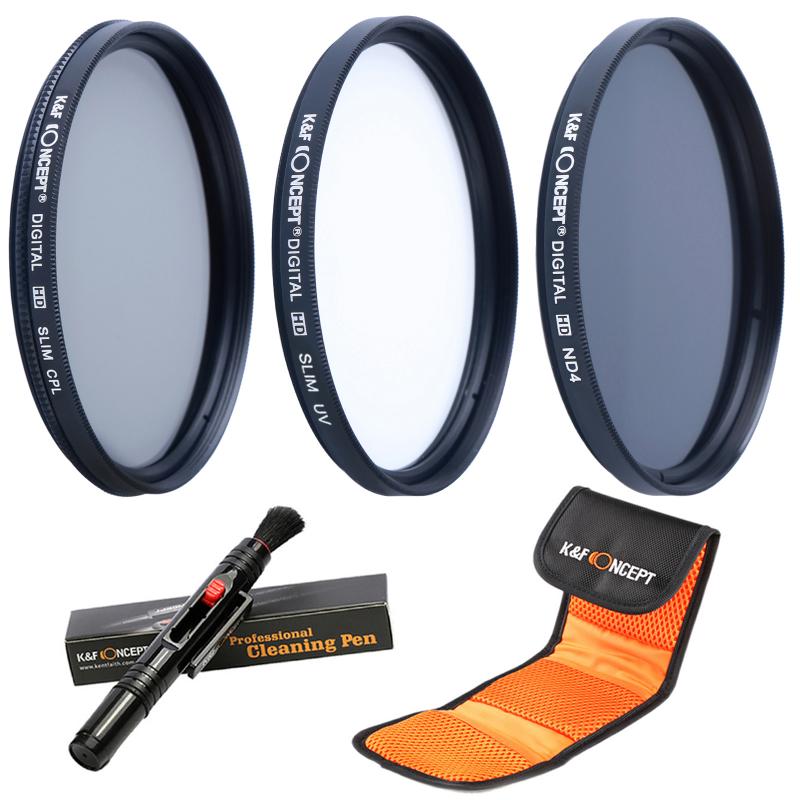
In the world of photography, aquarium care, and health-conscious living, UV filters play a crucial role. Among the various types of UV filters, the “UV filter 100 bulb” is a term that might spark curiosity, especially for those who are new to the concept. But what exactly does it mean, and how does it relate to common usage in different fields? In this article, we’ll explore the function of a UV filter 100 bulb, its application in various industries, and why it's something you might want to consider.
What is a UV Filter 100 Bulb?
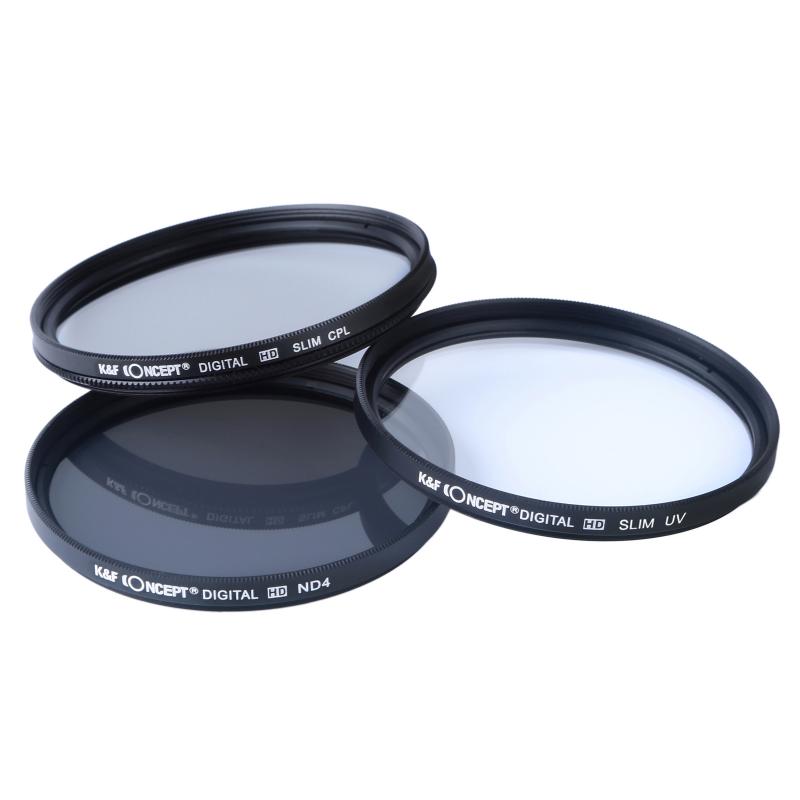
At its core, a UV filter 100 bulb is a specialized lighting device that emits ultraviolet (UV) light with a wavelength around 100 nanometers. UV light, as you may already know, is invisible to the human eye but has powerful effects on both living organisms and materials.
The "100" in this context typically refers to the specific wavelength or strength of the ultraviolet light emitted, often designed for certain wavelengths that target specific uses like sterilization, disinfection, or enhancing photography. Depending on the specific bulb, the UV filter may allow a particular range of UV light to pass through or block others, thus ensuring the desired outcome in various applications.
UV light itself is categorized into three types based on wavelength:
- UVA (320–400 nm): Long-wave UV radiation, least harmful and most commonly used in everyday applications.
- UVB (290–320 nm): Medium-wave UV radiation, which can be harmful but also has useful applications like vitamin D synthesis.
- UVC (100–290 nm): Short-wave UV radiation, the most harmful form of UV light, often used in disinfection systems as it can kill bacteria and viruses by destroying their DNA or RNA.
A UV filter 100 bulb typically targets the UVC spectrum. However, the term "100" could sometimes be used to refer to the intensity or specific application wavelength of the UV light in commercial or industrial-grade bulbs.
Types of UV Filters
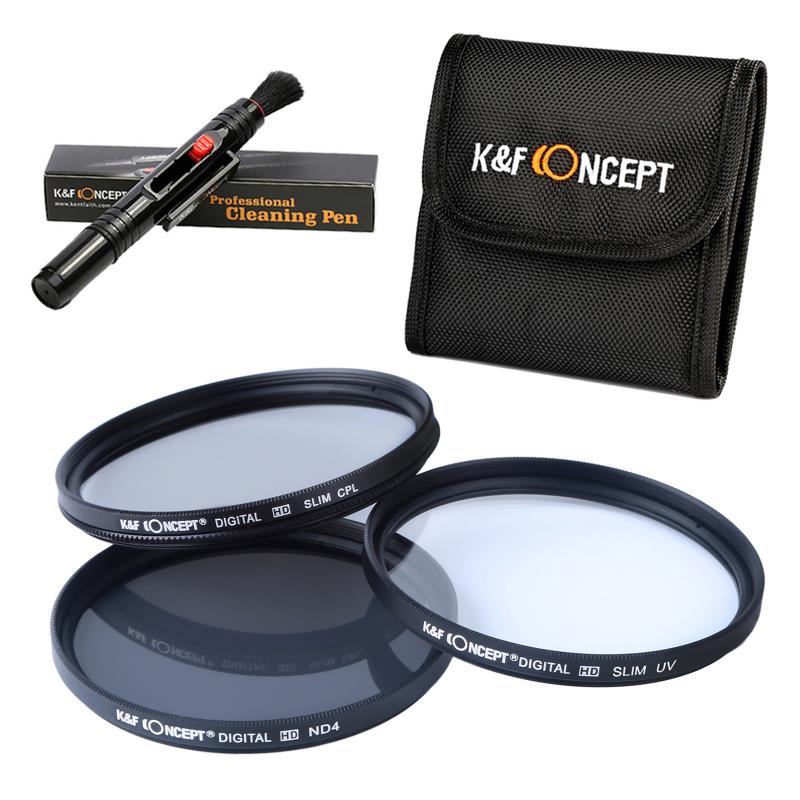
When we talk about UV filters, it’s important to understand the various types and their roles. Broadly speaking, UV filters are used for three main purposes:
1. Photography Filters:
- In photography, UV filters have historically been used to reduce the effects of ultraviolet light on photosensitive film, making outdoor shots clearer by eliminating UV light from the scene. However, with digital cameras, these filters have become less common, as digital sensors are less sensitive to UV light.
- Photographers may still use UV filters to protect the lens from dust, scratches, or moisture.
2. Water and Air Purification:
- UV light is widely used in water purification systems. Here, the UV bulb (often referred to as UV sterilizers) uses ultraviolet light to disinfect water, killing harmful bacteria, viruses, and other pathogens. The bulb emits light in the UVC range, typically between 100 to 280 nm.
- Similarly, UV filters in air purifiers work by using UVC light to kill airborne pathogens, ensuring healthier air quality in enclosed spaces.
3. Aquarium UV Sterilizers:
- In aquariums, UV filter bulbs serve an important function by maintaining water quality. These UV bulbs can help eliminate algae, parasites, and harmful microorganisms, thus ensuring the health of aquatic life. The sterilization process also promotes clearer water, making the environment visually appealing.
4. Health and Sanitation:
- UVC light has been widely used in sanitization, especially since the COVID-19 pandemic, for disinfecting surfaces, objects, and even air. UV sterilizers are common in healthcare settings, laboratories, and households for reducing germs and pathogens.
Why Choose a UV Filter 100 Bulb?
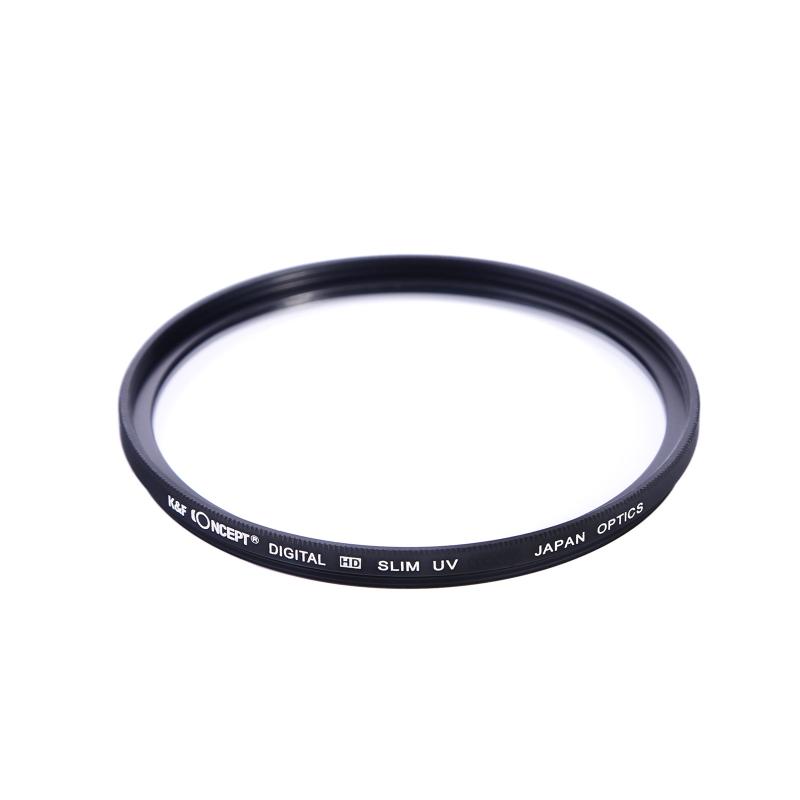
The choice to use a UV filter 100 bulb often comes down to the specific need it addresses. Let’s break down why you might choose to invest in this technology for your home or business.
1. Enhanced Sterilization and Disinfection:
- In both residential and commercial settings, UV light is an effective method for disinfection. By destroying the DNA or RNA of microorganisms, it renders them harmless and unable to reproduce. This is particularly beneficial in environments where cleanliness is a priority, such as hospitals, food processing plants, or homes with small children or pets.
2. Improved Water Quality:
- UV filter 100 bulbs are extensively used in water filtration systems for homes, aquariums, and industrial purposes. The high-energy light disrupts the cellular structure of harmful organisms in the water, ensuring the water remains free of pathogens. For aquariums, the bulb helps keep the water clear, preventing the growth of algae, which is essential for maintaining a healthy ecosystem for aquatic life.
3. Prevention of Skin Damage:
- While ultraviolet light in excess can damage human skin (leading to sunburn and increasing the risk of skin cancer), controlled exposure to UV light can be beneficial in certain applications. For instance, in tanning beds, UV filters are used to control the intensity of UV radiation. Additionally, UV sterilization is a method employed to sanitize clothes, particularly in industries like textiles or even in personal care, to kill bacteria and fungi without harsh chemicals.
4. Energy-Efficient Lighting:
- UV bulbs are generally more energy-efficient compared to other forms of disinfection, such as chemical treatments. UV light requires no chemicals, no toxins, and no significant waste products. This makes it an environmentally friendly option for maintaining cleanliness and ensuring safety.
5. Cost-Effective:
- Compared to traditional methods of sterilization like chemical-based disinfectants or boiling water, UV sterilization is often more cost-effective in the long run. The UV filter 100 bulb has a long lifespan, and after installation, it requires minimal maintenance and operational costs.
Application of UV Filter 100 Bulb in Different Industries
1. Aquarium Care:
- Aquarists use UV filter bulbs as part of a UV sterilizer system. The sterilizer is often installed in the filter, and water passes over the UV bulb, allowing it to neutralize harmful microorganisms. These systems are particularly helpful in removing free-floating algae, which can cloud the water and disrupt the balance of the aquarium’s ecosystem.
- Moreover, UV filter 100 bulbs help prevent the outbreak of diseases caused by pathogens like bacteria or parasites, which can affect both freshwater and saltwater species. This keeps the water healthy, reducing the need for harsh chemical treatments.
2. Healthcare Settings:
- UV-C technology, especially using UV filter 100 bulbs, has found its place in hospitals and healthcare facilities for sanitation purposes. Devices that utilize UV-C light disinfect surfaces, medical equipment, and even the air, helping to reduce hospital-acquired infections.
- In the current age, UVC sanitization units have been employed to disinfect PPE, medical tools, and patient rooms. With the ongoing risk of contagious diseases, these systems offer a chemical-free and highly effective alternative to traditional disinfection methods.
3. Food Processing and Manufacturing:
- Food safety is a growing concern, and UV filtration has been adopted widely in food and beverage processing to ensure cleanliness and prevent contamination. By using UV filter bulbs, manufacturers can reduce the presence of harmful microorganisms in the air, on surfaces, and even within the food or beverage itself.
- Similarly, in packaging areas, UV light is employed to sterilize packaging materials, ensuring that no pathogens are transferred to food products, ultimately extending shelf life.
4. Water Treatment:
- One of the most significant applications of UV filter bulbs is in the treatment of drinking water. UV systems can disinfect large quantities of water without the use of chemicals, ensuring safe drinking water. The UVC light emitted by these bulbs destroys the DNA of harmful microorganisms, rendering them unable to replicate and cause illness.
Key Considerations When Choosing a UV Filter 100 Bulb
Before you invest in a UV filter 100 bulb, there are several factors you should consider:
- Wavelength: Make sure the bulb provides the appropriate UV wavelength for your application, whether it's for sterilization, aquarium care, or air purification.
- Power Output: The intensity of the UV light affects its effectiveness. Higher wattage typically means higher disinfection power.
- Bulb Lifespan: UV bulbs have a finite lifespan. Be sure to check the expected longevity and replace them as necessary to ensure maximum effectiveness.
- Energy Efficiency: Look for energy-efficient models to reduce running costs. UV bulbs that are energy-efficient and long-lasting save you money in the long run.
- Size and Compatibility: Ensure that the UV filter bulb is compatible with your existing system, whether it's for your aquarium, HVAC system, or a water purifier.
The UV filter 100 bulb is a powerful tool that serves a variety of industries, from aquarium care and water filtration to air purification and medical sanitation. Its ability to emit controlled ultraviolet light offers numerous benefits, including disinfection, enhanced water quality, and protection against harmful pathogens. As UV-C technology continues to evolve, it becomes an increasingly indispensable component of modern health, environmental care, and sanitation practices. Whether you are a hobbyist aquarist or a homeowner seeking to purify your water, a UV filter 100 bulb might be exactly what you need to improve your quality of life.


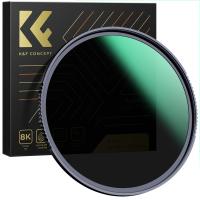
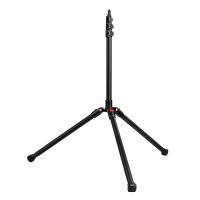
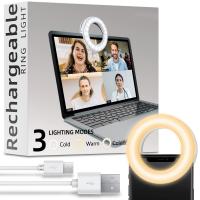
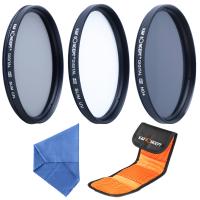
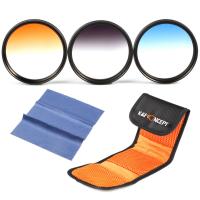
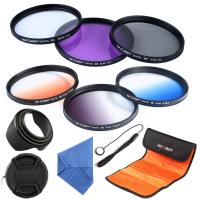
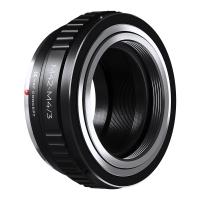
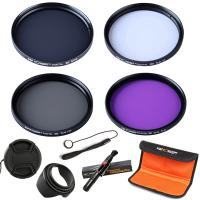
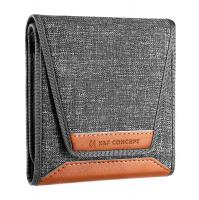
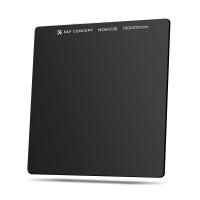
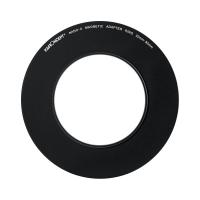

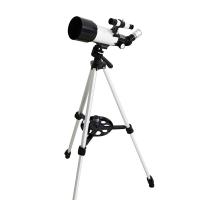
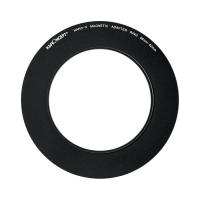
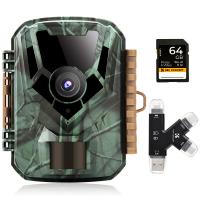
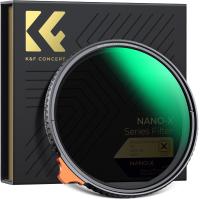
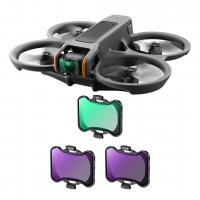
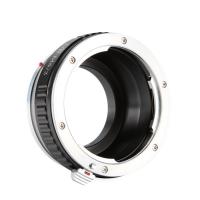
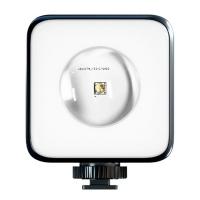
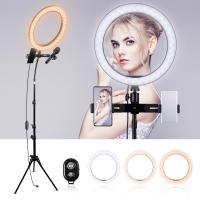
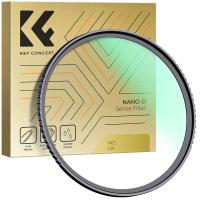
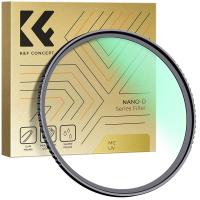
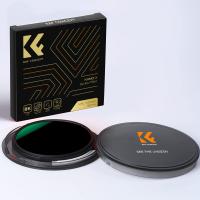
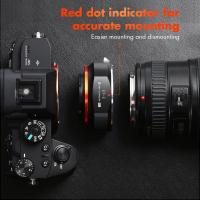
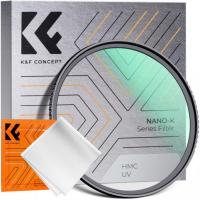
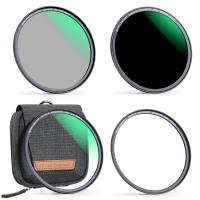
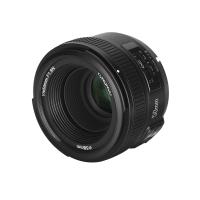
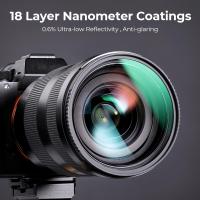
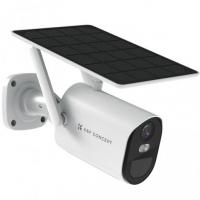
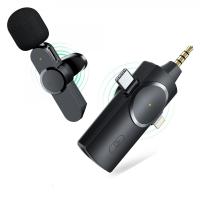

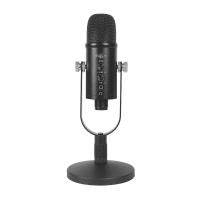
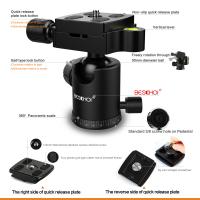
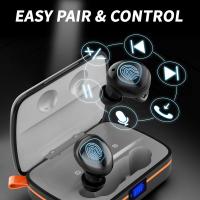
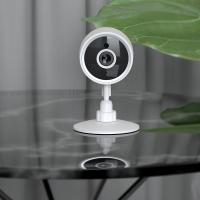

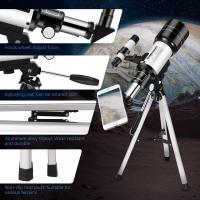
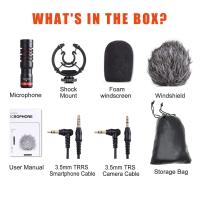
There are no comments for this blog.